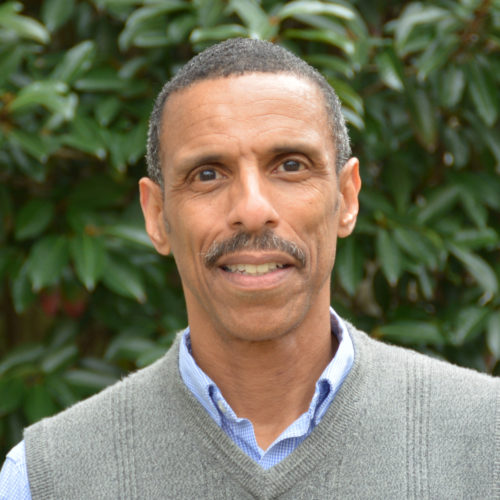Join a Kairos Team to counsel, disciple and pray with prisoners in a weekend spiritual retreat. Kairos is a Christ-centered ecumenical ministry, like Walk to Emmaus for those in the free world, except Kairos is designed specifically for prisoners.
Contact: Mike Rogers at (334) 531-3038 or Chuck Latham at (334) 272-1195.
Help men who are recently pardoned and paroled through Renascence, a Halfway Home House just blocks away from First Baptist. Dentists, Teachers, and Baptists needed. Opportunities include:
Provide devotional services and one-on-one counsel to those labeled as sex offenders and recently released from prison, now living at the Vineyard Halfway House north of Prattville. This takes a special calling and sensitivity to those victimized by sex offenses. On one end of the continuum are those who are guilty of shocking offenses and may still struggle with old temptations. On the other end of the continuum are those who made mistakes when they were young or were even coerced. Because of the Sexual Offender Registration and Notification Act (SORNA), both sides of the continuum live under the same tight restrictions governing their whereabouts. All need the love of God.
Provide Christmas gifts to children of prisoners through Prison Fellowship’s Angel Tree. During the Christmas season, simply pick an angel from our tree at First Baptist Church.
Help children of female inmates by volunteering at Adullam House. Attorneys, Handymen, Interns, I.T. techs, and Weekend Missionaries are needed. Opportunities include:
Sensing a call to prison ministry, but don’t know where to get started? Here are a few questions to help you discern your call:
Do you prefer to minister:
And the two most important questions:
Contact Chuck Latham, our director of prison ministry, or any person on the FBC Prison Ministry Team to help you assess where you will thrive in prison ministry. Once, you decide on a specific institution, program, or ministry, Chuck or our other volunteers can connect you to the best person in that entity to begin your application process.
To volunteer in a prison, it’s best to understand the mission of a particular prison and the vision of the chaplain or religious services facilitator there. You will have to submit paperwork and attend a training session. The type of training varies from Federal to state to county to city. You may be required to provide an endorsement letter. In order to gain a security clearance to enter most correctional facilities, you may be required to provide your social security number, date of birth, driver’s license information, and other personal information. It’s part of being a volunteer in a prison.
Manage your own application process with due diligence. Make sure you submit and sign everything required in a timely manner and follow through. Regularly check on the progress of your application, being sure to quickly provide anything that is missing. Once accepted into volunteer service in a correctional facility, plan to attend the volunteer training every subsequent year.
Right in the River Region area, there are 14 correctional facilities plus other ministries and services that help families of prisoners and inmates being released from prison.
There are many different types of correctional facilities, ranging from jails to penitentiaries to minimum-security prisons, and Federal, state, county, municipal, and privately owned facilities. Our incarcerated citizens vary in age, gender, culture, religion, education, degree of criminal offense and sentence, and in their levels of mental, emotional, and spiritual maturity, and in their physical wellness and ability to adjust back to the free world. Philosophies within prisons and the criminal justice system range from get-tough-on-crime models to restorative justice and reconciliation models. Each prison has its own distinct mission and function and administrators and chaplains have their own unique styles of leadership.
Prison ministries vary. Examples include one-on-one counsel to inmates; leading or assisting in worship; musical and choral performance; leading Bible studies and discipleship groups; or facilitating training in life skills, family life, marriage, parenting, anger management, financial stewardship, and breaking addictions. Ministry to families of the incarcerated range from delivering Christmas gifts to children, helping to maintain foster homes for children, or sponsoring scholarships. Ministries to those being released to the free world include supporting halfway-type ministries to actually providing jobs and housing.

Chuck is a retired Air Force Officer and ordained minister with over 20 years in prison ministry. He has served has a corporate consultant, academic dean at two HBCUs and skilled in process improvement and strategic planning. Chuck has authored two books and is married to Ruth.
Phone:(334) 272-1195
Email:[email protected]